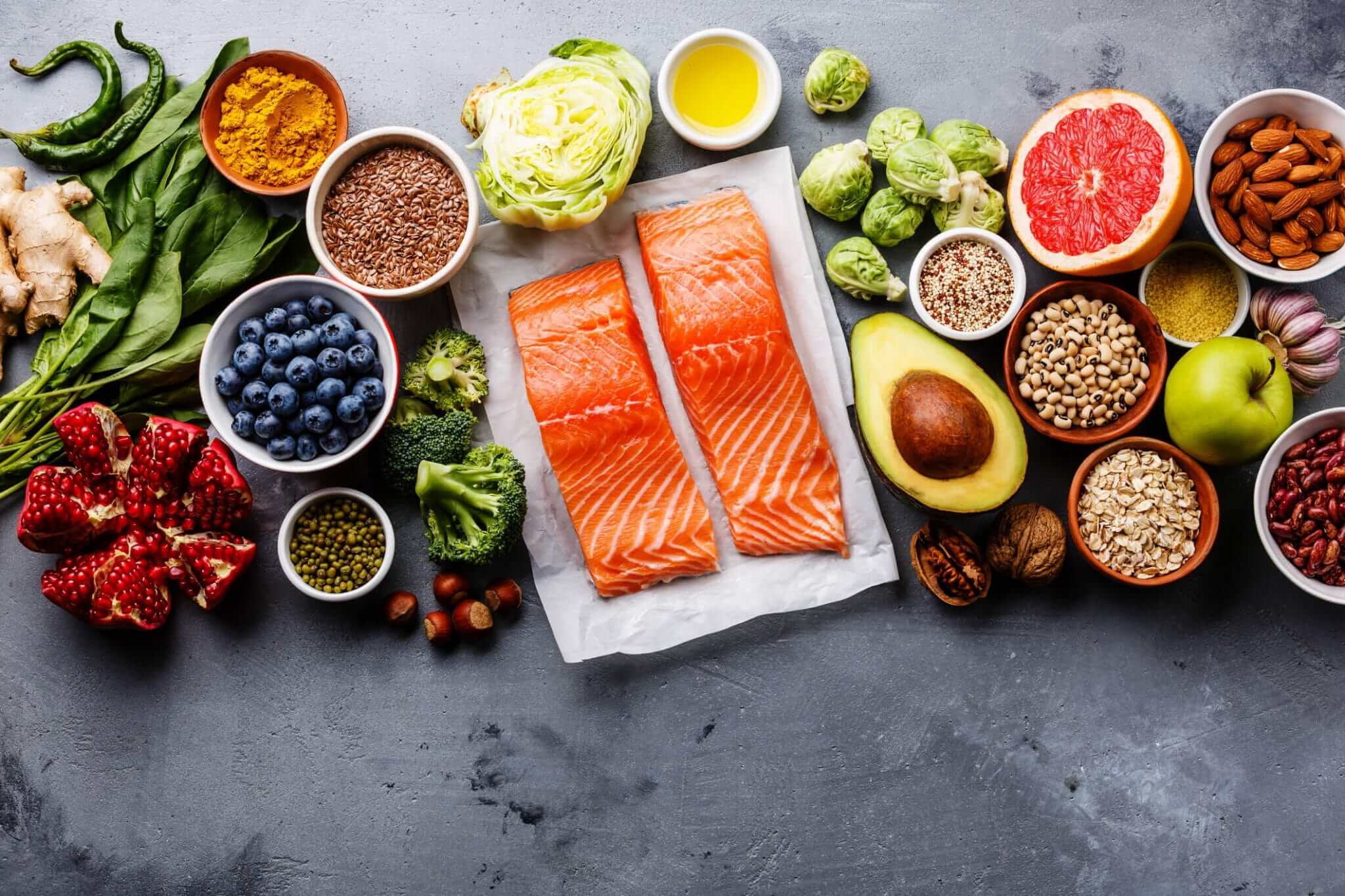Our joints, the intricate hinges and pivots that allow us to move, bend, and twist, are essential for an active and fulfilling life. Maintaining their health is paramount, and while exercise and proper care play vital roles, the food we consume has a profound impact on their long-term well-being. Embracing a diet rich in specific nutrients can help combat inflammation, strengthen supporting tissues, and keep our joints functioning smoothly for years to come. Let’s explore eight culinary cornerstones that can contribute to lasting joint health.
It’s important to remember that a balanced and varied diet is key, and these foods work best as part of an overall healthy lifestyle. Consistency in incorporating these nutrient-rich options can contribute significantly to the resilience and longevity of your joints, allowing you to enjoy a lifetime of unimpeded movement.
1. The Omega-3 Power of Fatty Fish: Fueling Joint Comfort and Reducing Inflammation
Oily fish such as salmon, mackerel, sardines, and trout are nutritional powerhouses, brimming with omega-3 fatty acids, particularly EPA (eicosapentaenoic acid) and DHA (docosahexaenoic acid). These essential fats are potent anti-inflammatories, helping to reduce joint swelling and stiffness. Regular consumption can contribute to long-term joint comfort and function by modulating inflammatory pathways within the body. Aim for at least two servings a week to reap these significant benefits.
2. The Vibrant Defense of Berries: Antioxidant Protection for Joint Tissues
Blueberries, strawberries, raspberries, and blackberries are packed with antioxidants, especially anthocyanins, which give them their rich, vibrant colors. These powerful compounds possess significant anti-inflammatory properties and help protect joint tissues from damage caused by free radicals, unstable molecules that contribute to cellular aging and inflammation. Enjoy a daily dose of these delicious and protective fruits as snacks, in smoothies, or as toppings for yogurt and oatmeal.
3. Liquid Gold: Extra Virgin Olive Oil’s Lubricating and Soothing Properties for Joints
High-quality extra virgin olive oil is rich in monounsaturated fats and contains oleocanthal, a natural compound with anti-inflammatory effects similar to some over-the-counter pain relievers. Using it in salad dressings, as a finishing drizzle over dishes, and for light sautéing can be a flavorful and heart-healthy way to support joint health and potentially reduce discomfort.
4. The Golden Healer: Turmeric’s Curcumin Power for Inflammation Management
Turmeric, a vibrant yellow spice integral to many culinary traditions, contains curcumin, a powerful antioxidant and anti-inflammatory compound. Studies suggest curcumin can help reduce joint pain and stiffness by interfering with inflammatory pathways. Enhance its absorption and effectiveness by pairing it with black pepper, which contains piperine, and consuming it with healthy fats. Incorporate turmeric into curries, soups, and even smoothies.
5. Ginger’s Soothing Spice: Alleviating Joint Discomfort Naturally
Ginger, with its warm and pungent flavor, contains natural anti-inflammatory compounds called gingerols. Research indicates that ginger can help alleviate joint pain and improve function in individuals with osteoarthritis and rheumatoid arthritis. Incorporate fresh ginger into teas, stir-fries, soups, and even baked goods for its therapeutic benefits and unique flavor.
6. Nutty Support: Almonds and Walnuts for Joint Strength and Resilience
Almonds and walnuts provide a wealth of healthy fats, vitamin E, magnesium, and, in the case of walnuts, omega-3 fatty acids (ALA). Vitamin E acts as an antioxidant, while magnesium is crucial for muscle and nerve function, supporting the structures around the joints. These nutrients contribute to reducing inflammation and promoting the strength and stability of your joints. Enjoy a handful daily as a nutritious snack or add them to salads and other dishes.
7. The Green Guardians: Leafy Vegetables for Joint Vitality and Essential Nutrients
Dark leafy greens like spinach, kale, and collard greens are nutritional powerhouses, loaded with vitamins, minerals, and antioxidants, including vitamin K, which is crucial for bone health and may also play a role in reducing inflammation. These nutrient-dense vegetables contribute to overall joint health and can help combat inflammatory processes in the body. Aim for a variety of leafy greens in your daily diet.
8. Broccoli’s Protective Compounds: Supporting Cartilage Health
Broccoli and other cruciferous vegetables like cauliflower and Brussels sprouts contain sulforaphane, a compound that has shown anti-inflammatory effects and may help slow down cartilage damage in joints. Regular consumption of these vegetables can contribute to the preservation of joint cartilage, the cushioning tissue that prevents friction between bones. Include them in your meals through steaming, roasting, or stir-frying.
By consistently incorporating these eight food groups into your diet, you can provide your joints with the essential nutrients they need to stay healthy, strong, and pain-free for years to come, supporting a lifetime of movement and activity. Remember that a balanced and varied dietary approach, combined with regular exercise, proper posture, and mindful movement, is the most effective way to ensure the long-term well-being and resilience of your precious joints.
